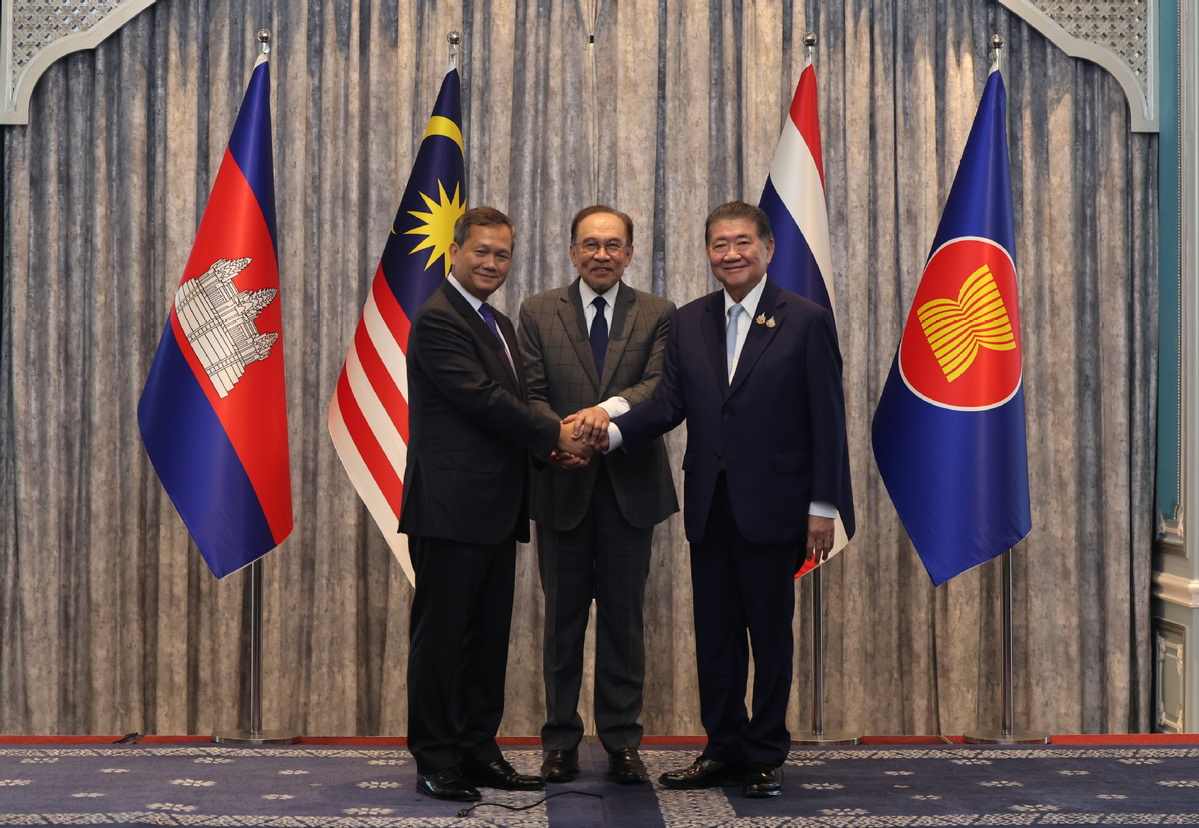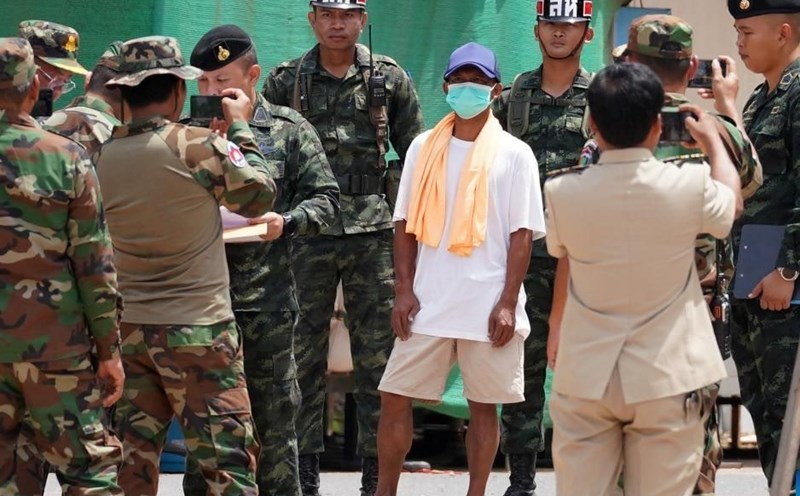The ceasefire between Thailand and Cambodia held in Kuala Lumpur (Malaysia) on July 28 led to the next round of negotiations within the GBC, originally scheduled to take place on August 4 in Phnom Penh.
However, Thailand later proposed moving the meeting back to Kuala Lumpur - the same location as the ceasefire negotiations. Cambodia has accepted the change but has asked observers from the US and China to return. Thailand agreed.
The GBC meeting is being closely watched, with high hopes from both sides that the armed conflict along the border can finally end. However, the structure and details of the meeting pointed to a number of key points, according to The Nation.
Extended time: The meeting was originally scheduled for August 4, but now both sides have agreed to extend the negotiations until August 7.
The longest GBC meeting ever: Preliminary meetings between the secretaries of both countries will take place from August 4 to 6, while the full GBC meeting will take place on August 7.
duration of preliminary negotiations: The 3-day duration for secretariat-level discussions shows that a complex agenda with many issues may require prolonged negotiations.
Observers' participation is limited: Observers from the US and China will only participate on August 7, the last day of negotiations.

unclear requests: No official information has been published detailing specific requests or negotiating positions of one of the two sides.
Extreme stance is expected: In bilateral disputes, both sides usually start with "maximum book love" - the strongest possible affirmation of their stance.
Compromise: A key question is how much each side is willing to reduce their demands to pursue a deal.
The lowest terms that can be accepted: The minimum terms that each government can jointly accept to resolve the conflict, not only temporarily through a ceasefire, but also substantially.
Compromise is unclear: Without a common stance accepted by both sides, negotiations risk stagnation, as both sides can stick to their maximum stance.
Next negotiation possibility: Even if some progress is achieved, border disputes are unlikely to be completely resolved in just one round of negotiations that require more meetings.
Failure scenario: If the meeting ends in failure, it is still unclear what the consequences will be, both on the border and in the broader diplomatic relations between the two countries.
Thai government preparation: It is unclear whether the Thai government is fully prepared for the potential consequences of an unsuccessful negotiation.
The above 12 points only provide a preliminary assessment. The results of the meeting not only shape the future of the Thailand - Cambodia border dispute but also orient bilateral relations in the coming time.











